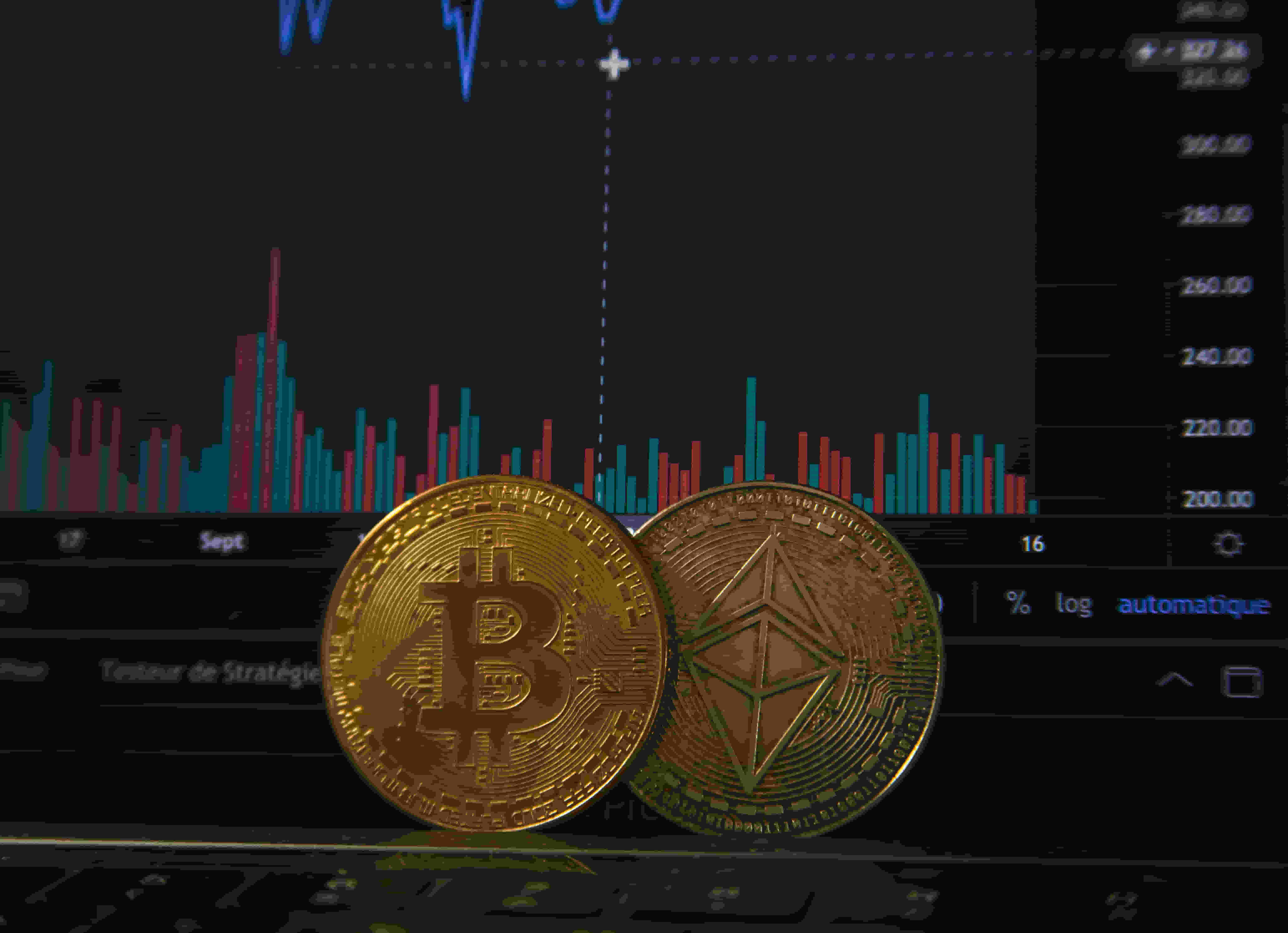The decentralized finance (DeFi) ecosystem has evolved into a cornerstone of the global financial landscape, offering unprecedented opportunities for innovation and career growth. By 2025, DeFi protocols manage over $100 billion in assets, spanning lending, trading, insurance, and governance. For newcomers, breaking into this field requires planning, hands-on experience, and lots of learning. Below, we outline a roadmap for launching a successful DeFi career in 2025.
1. Build Foundational Knowledge Through Research
Before diving into job applications, invest time in understanding the core principles. Start with free educational resources to grasp blockchain mechanics, smart contracts, and decentralized applications (dApps).
Books: How to DeFi: Beginner by CoinGecko offers a structured introduction to protocols like MakerDAO and Uniswap, emphasizing real-world use cases. For deeper technical insights, DeFi and the Future of Finance explores liquidity pools, governance models, and risk management.
Courses: Duke University’s Decentralized Finance specialization on Coursera covers infrastructure, primitives, and protocol analysis, with case studies on Aave and Compound. Platforms like 101 Blockchains provide niche certifications in DeFi security and tokenization.
Communities: Engage with Reddit’s r/defi for peer advice, and follow YouTube channels like Finematic for tutorials on yield farming and wallet security.
Pro Tip: Bookmark DeFiLlama’s analytics dashboard to track protocol TVL (Total Value Locked) and identify trending projects.
2. Launch a Project to Showcase Skills
Employers value practical experience. Use AI-driven tools to accelerate project development:
Idea Generation: Leverage ChatGPT to brainstorm DeFi-AI hybrids, such as a sentiment analysis bot that predicts token prices using social media data.
Development: Build a portfolio piece like a cross-chain yield aggregator. Use Solidity for smart contracts, React for frontend interfaces, and Covalent API to pull multi-chain data. Host code on GitHub with detailed documentation.
Deployment: Test projects on Ethereum Layer 2s (e.g., Arbitrum) to minimize gas fees, or explore emerging ecosystems like Radix for enhanced security.
Example: A beginner-friendly project could involve creating a no-code DeFi dashboard using Tableau or Dune Analytics to visualize protocol metrics.
3. Optimize Social Media for Visibility
Algorithms on X (Twitter), LinkedIn, and Discord prioritize active engagement. Curate a professional presence to attract recruiters:
X (Twitter): Follow analysts like DeFi Made Here and The DeFi Investor for market insights.
Discord: Join servers like Cryptohub for job postings and Axion for trading strategies. Participate in DAO (Decentralized Autonomous Organization) discussions to demonstrate community involvement.
LinkedIn: Share articles analyzing DeFi trends, and join DeFi groups to connect with hiring managers. Use keywords like “smart contract auditing” or “liquidity optimization” in your profile.
Pro Tip: Engage in Twitter Spaces hosted by protocols like Lido or Aave to ask questions and network with industry leaders.
4. Leverage Transferable Skills
DeFi companies seek diverse talent beyond coding. Highlight adjacent skills in applications:
Non-Tech Roles: Marketing managers can craft campaigns for NFT launches, while community managers moderate Discord channels. Legal professionals navigate regulatory frameworks for stablecoin issuers.
Finance Experts: Traders analyze liquidity pool APYs, and risk managers assess collateralization ratios for lending platforms.
Designers: UX/UI designers optimize dApp interfaces for seamless wallet integrations.
Case Study: A former banker could transition into a DeFi risk analyst role by highlighting experience in credit assessment and familiarity with tools like Gauntlet.
5. Enroll in Future-Proof Courses
Prioritize certifications that address long-term industry shifts:
Blockchain Fundamentals: RMIT University’s Decentralized Finance course explores Ethereum’s role in banking disruption, with modules on CBDCs (Central Bank Digital Currencies)18.
Smart Contract Security: Certifications from Chainlink teach audit techniques to mitigate vulnerabilities like reentrancy attacks.
For a deep dive into the best courses out there, read our 2025 courses guide. Remember: you don't have to get your wallet out to level up in DeFi.
Conclusion: Adaptability Is Key
The DeFi sector’s rapid evolution demands agility. Stay updated via newsletters like The Defiant and podcasts like Bankless. Combine formal education with hands-on experimentation, and position yourself at the intersection of emerging trends—whether AI-driven protocols or cross-chain interoperability. By showcasing problem-solving skills and aligning with industry needs, even beginners can secure rewarding roles in DeFi’s decentralized future.





